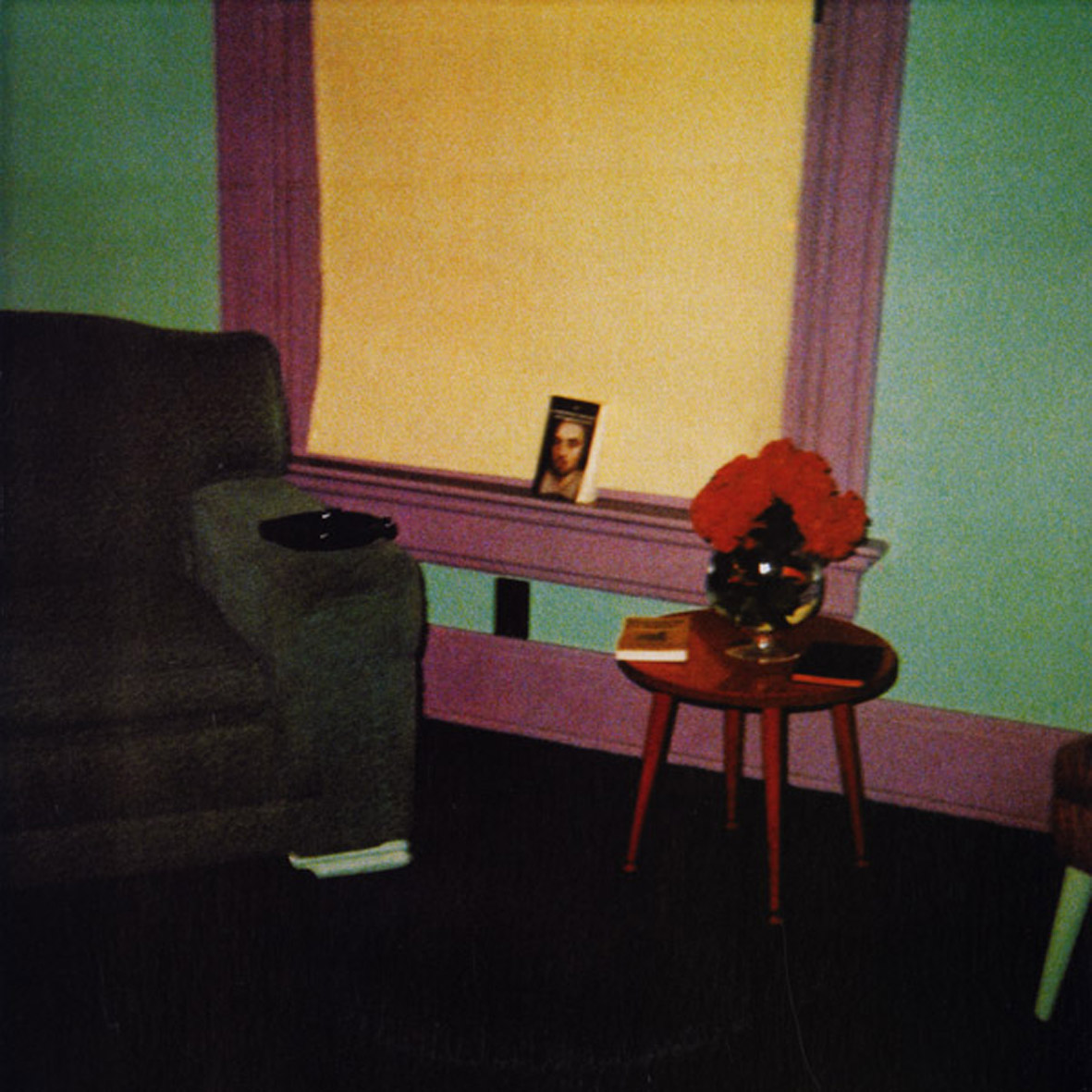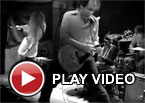Jandek, "Ready For The House"
 Originally attributed to The Units, this cryptic, haunting, and otherworldly 1978 debut is the album that began over three decades of myth, legend, and speculation regarding the man behind Corwood Industries.  While both the band name and cover art aesthetic proved to be quickly discarded false starts, Sterling Smith's uncompromising musical vision was fully formed from the very beginning...or at least as close to being fully formed as it would ever get.
Originally attributed to The Units, this cryptic, haunting, and otherworldly 1978 debut is the album that began over three decades of myth, legend, and speculation regarding the man behind Corwood Industries.  While both the band name and cover art aesthetic proved to be quickly discarded false starts, Sterling Smith's uncompromising musical vision was fully formed from the very beginning...or at least as close to being fully formed as it would ever get.
I have historically had a somewhat complex relationship with Jandek's music, as I was definitely drawn more to the sheer mystery and otherness of his persona than to the actual songs.  While I excitedly bought Jandek on Corwood as soon as it came out and fell all over myself to frantically buy tickets to see him when he first started playing live, I never actually thought of Jandek's music as "good."  In fact, finally seeing him live was kind of a "the emperor has no clothes" moment for me–I definitely walked away from that gig thinking that Smith was at best a fascinating charlatan.  Despite that, Jandek's music never quite stopped nagging at me and I finally had the revelation a few years ago that I actually liked some of Sterling's songs quite a lot.
My primary stumbling block was, of course, the same one that most people have: Smith seems to be an improbably terrible guitarist.  However, many have made the counter-argument that Sterling is actually a brilliant guitarist, as he has rejected the entirety of Western civilization's accumulated wisdom regarding tuning, harmony, chords, song structure, and rhythm to make music every bit as broken-sounding and disturbed as his vocals.  I have no idea if that was Smith's full intent, but I will concede that his stark, unremittingly dissonant guitar aesthetic was indeed an absolutely visionary idea.  Unfortunately, having a great idea does not necessarily mean that it will be executed with similar brilliance, which Ready For The House bluntly illustrates again and again: the first 8 songs all seem to be played on an out-of-tune/experimentally tuned acoustic guitar without fretting a single note; just a series of variations upon the same jarring open chord.  Sometimes it is plucked, sometimes it is strummed, but it always sounds like the same six notes.
That makes for a spectacularly one-dimensional album, as well as an unintentionally hilarious ending, as Sterling unexpectedly plays some rather spirited barre chords on an amplified electric guitar for the closing "European Jewel (Incomplete)."  Unlike the other songs on the album, it actually sounds like the guitar is in some (slightly off) variation of standard tuning.  This leads me to conclude that Sterling had just bought it and had merrily skipped home with a smile on his face and a song in his heart, then excitedly started recording mere seconds after he got back to the house.  Though it ends on a singularly creepy note (it abruptly stops mid-sentence after Smith sings "there's bugs in my brain, i can't feel any pain, just a shaking shaaaa-"), it is by far the least compelling/unique song on the album (it basically sounds like a mentally ill beat poet fronting a shitty one-man avant-rock band).  Maybe he was onto something with his otherwise categorical refusal to use his left hand at all.  Curiously, "Jewel" is revisited several more times over the next few years for unknown reasons (Sterling either loved it or absolutely hated this particular version, I guess).
Objectively, Ready For The House is a spectacular failure by almost every single criterion by which music is traditionally judged: the guitars are aimlessly strummed and badly out-of-tune, the singing is awkward and tuneless, the lyrics often sound like drug-fueled stream-of-consciousness, the mood is monochromatically forlorn, there is no melodic or harmonic progression, and there is virtually no textural or dynamic variation.  Somehow, however, Smith manages to turn all of those seemingly fatal shortcomings to his benefit, which is a feat that seems far too brilliant to be completely intentional.
With the exception of "European Jewel," every single song on House sounds like the most perfect and direct distillation of the blues imaginable.  Sterling has stripped literally away every bit of artifice, leaving only his chilling, lonely voice projecting his feelings of extreme alienation into the void and his one-handed, one-chord guitar playing adds a layer of obsessiveness that only makes the whole thing more unnerving.  Smith is unquestionably a man who meant exactly what he is sang and wrote these songs because he absolutely needed to–House feels like a hushed, dead-of-night, confession first and an album second.  Also, it helps that some Jandek lyrics are heartbreakingly poetic ("The sky is black in a blue night") or existentially poignant ("I curse the day I found my freedom").  And that sometimes Smith finds a way to make even the simplest lines seem like the most menacing thing he could possibly say, like the repeated "I'm crazy about you" in "They Told Me About You" (my personal favorite).
Jandek, of course, continued to get better and better after this album (for a good long stretch, anyway), but Ready For The House definitely stands as one of the most staggeringly alien debuts in history.  Even though I think "European Jewel" is terrible, I would not change a single thing about this release, as such a wrong-footing, enigmatically truncated curve ball turned out to be absolutely ideal for luring hapless listeners into a lifetime of speculation and (mostly) unsatiated curiosity.  Anyone in search of just a single Jandek album might be better served by a later album like Six And Six or Chair Beside The Window, but I prefer to see Jandek's oeuvre more like a novel: this is quite a gripping opening chapter and the best policy is probably to just keep moving forward sequentially until you either go mad, become completely obsessed, or lose interest (which often occurs with the dawning of Sterling's a capella era).
 



